What Makes a Political Sex Scandal?
The public’s sensibilities may change over time, but one thing remains constant: an appetite, fed by the media, for a salacious story.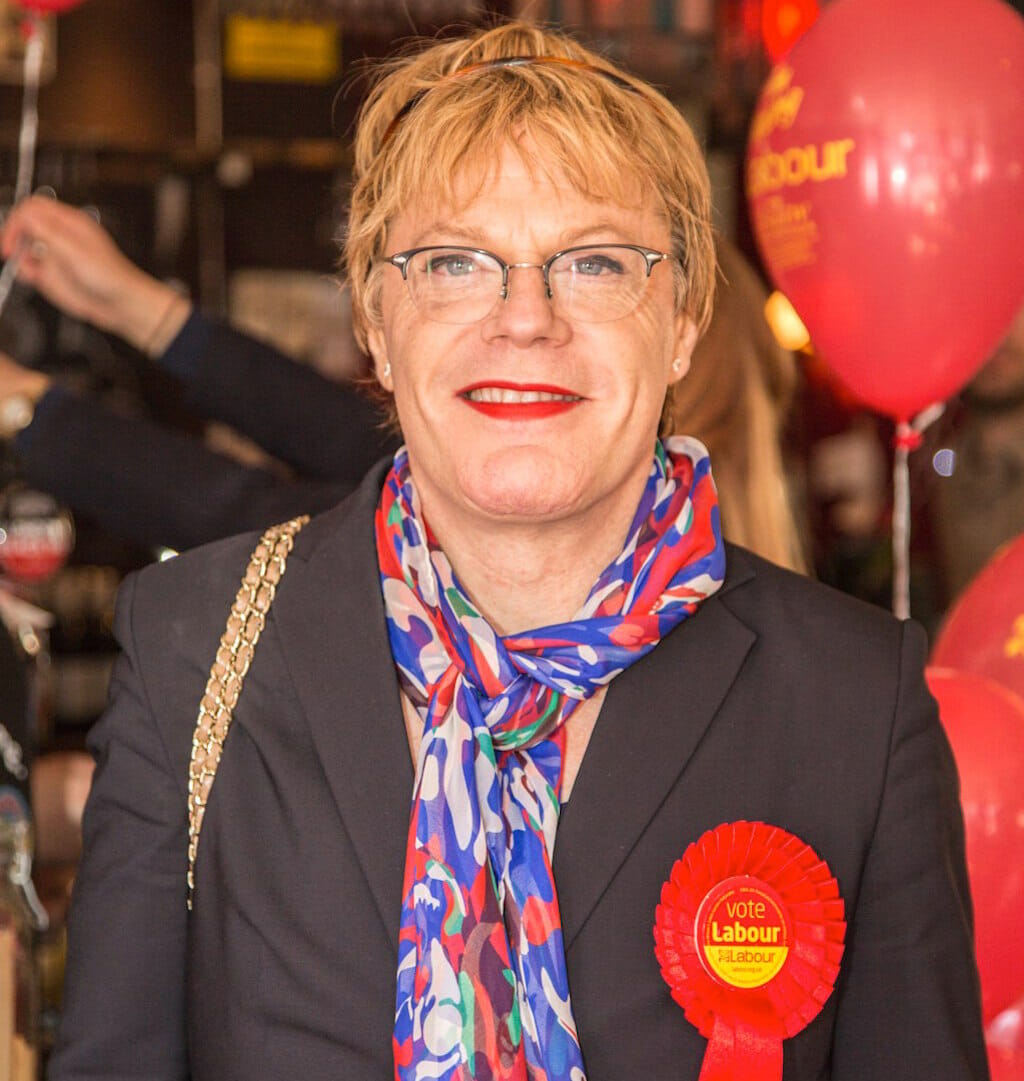 Once, British politicians generally dreaded being seen as anything but sexually conventional. Now times have changed. Comedian Eddie Izzard, above, who has called himself "a straight transvestite," recently was appointed to the Labour Party’s governing body in England. (Giuseppe Sollazzo / Wikimedia)
Once, British politicians generally dreaded being seen as anything but sexually conventional. Now times have changed. Comedian Eddie Izzard, above, who has called himself "a straight transvestite," recently was appointed to the Labour Party’s governing body in England. (Giuseppe Sollazzo / Wikimedia)
Scandal is measured by the damage resulting from an actual or apparent violation of propriety. With the exception of French presidents and, it seems, Donald Trump, a sex scandal usually sends a political career swirling down the drain.
Trump has admitted to indirectly paying off a porn star claiming to have had sex with him. Though he is the first American president to be linked with hush money meant to prevent a sexual encounter from becoming known to the voting public, there’s a fairly impressive list of American politicians who’ve done the same—one being Alexander Hamilton, who was blackmailed by an enterprising husband after the man discovered that his wife was having an affair with Hamilton.
The British are currently revisiting a political sex scandal of their own that took place in the 1970s and centered on affair 10 years earlier involving Jeremy Thorpe, former leader of the Liberal Party and a pillar of the establishment. The BBC is airing a brilliant TV dramatization about the shamed politician in a three-part series, “A Very English Scandal,” with Hugh Grant as Thorpe—which, it must be said, is an inspiring bit of casting. Grant can claim firsthand experience with a sex scandal: Some 20 years ago, he was arrested in Los Angeles for lewd behavior in a public space with a hooker.
It’s one thing to pay to block news of a sexual encounter from going public, another thing entirely to hire a hit man to eliminate the evidence. Thorpe was tried for conspiracy and incitement to murder after a bungled attempt to have his lover done away with. The lover’s dog was shot instead by what proved to be an incompetent hired gunman. (To be fair, guns are difficult to come by in the United Kingdom, and, presumably, the gunman didn’t have a meaningful opportunity for target practice beforehand.)
What adds yet another dimension to the Thorpe scandal is that the encounter he was desperate to hide was gay sex—the point being that there was more of a stigma attached when a politician, married or not, was discovered in a gay affair, despite the impression that “the English culture is basically homosexual,” or so concluded feminist writer Germaine Greer. She was not the first to think that. Until the term “homosexual” emerged in the 1860s, the French, when describing a man’s sexual proclivity toward other men, would say simply, “He is partial to the English style.”
Stereotypes do not appear out of thin air, so let us start with something with which most might agree—including Britons—that, although they’ve produced some of history’s most compelling poetry, music, art and literature, the British are known for their reserve. Living among them for the last few years, I’ve witnessed just how far they are willing to go to avoid a public display of private sentiment; and I can say with confidence that taking this an oblique step further are British men, who are able to present an impeccable façade when, all the while, things are far more complicated than they appear. Historical perspective might be found in Britain by way of the 19th century, when exhibitionism was met with corporal punishment—the reason being that the perpetrator, by the blatantly ridiculous action of exposing himself, endangered the very definition of a self-controlled male—but a British aristocrat inclined on occasion to dress as a woman was not considered an affront to that same concept of maleness. Go figure.
It’s been 40 years since the Thorpe scandal. Comedian and trans-everything Eddie Izzard has been appointed to the Labour Party’s governing body, and there are now more openly LGBTI elected members of Parliament than in any other country. But real progress can be measured by the fact that British tabloids no longer discriminate among gay, bi and straight sex scandals—they cover them with an equal degree of salaciousness.
Your support matters…Independent journalism is under threat and overshadowed by heavily funded mainstream media.
You can help level the playing field. Become a member.
Your tax-deductible contribution keeps us digging beneath the headlines to give you thought-provoking, investigative reporting and analysis that unearths what's really happening- without compromise.
Give today to support our courageous, independent journalists.
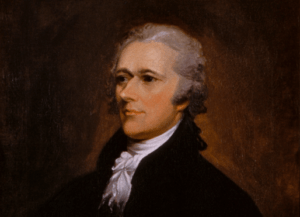
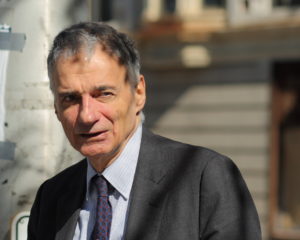

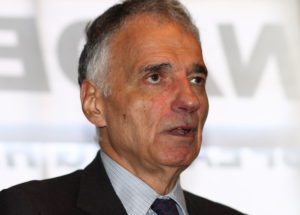

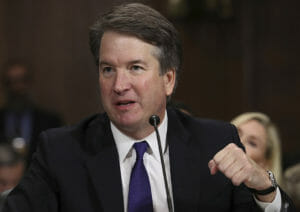
You need to be a supporter to comment.
There are currently no responses to this article.
Be the first to respond.